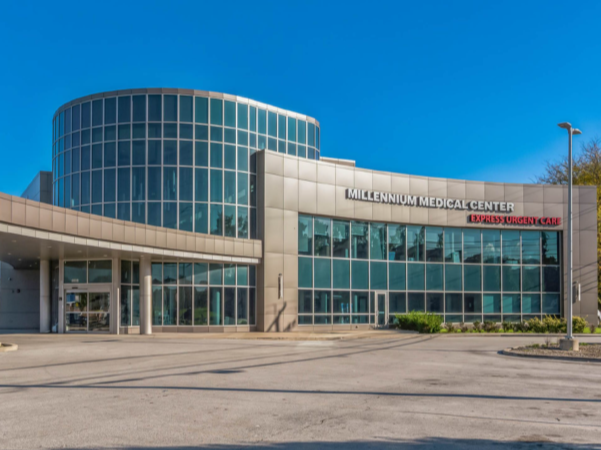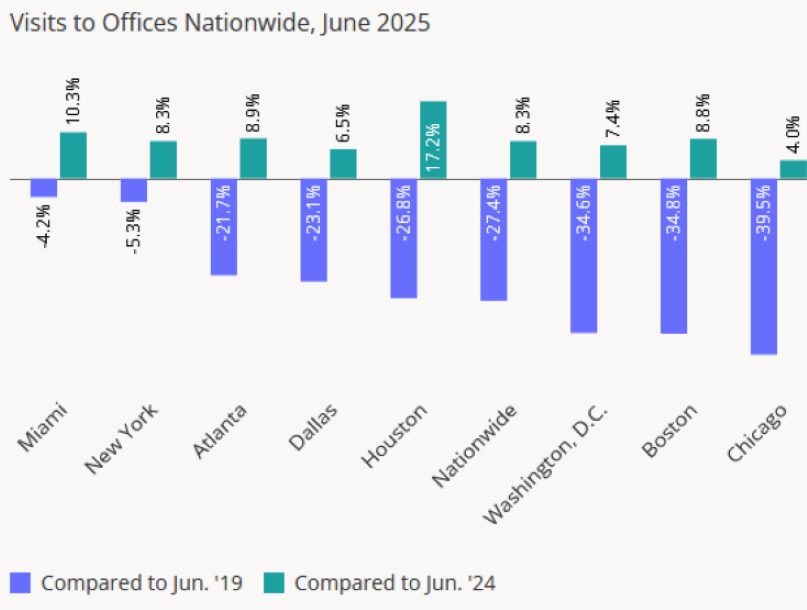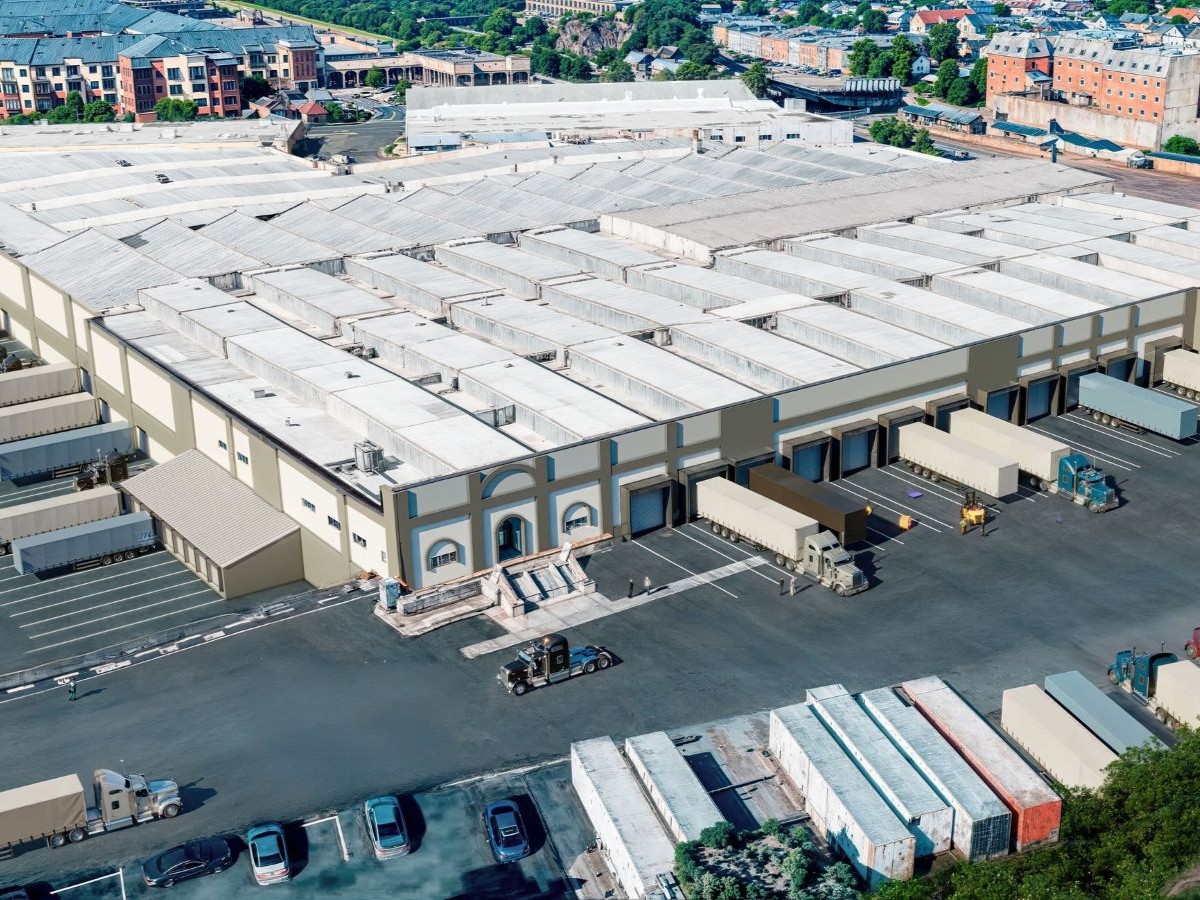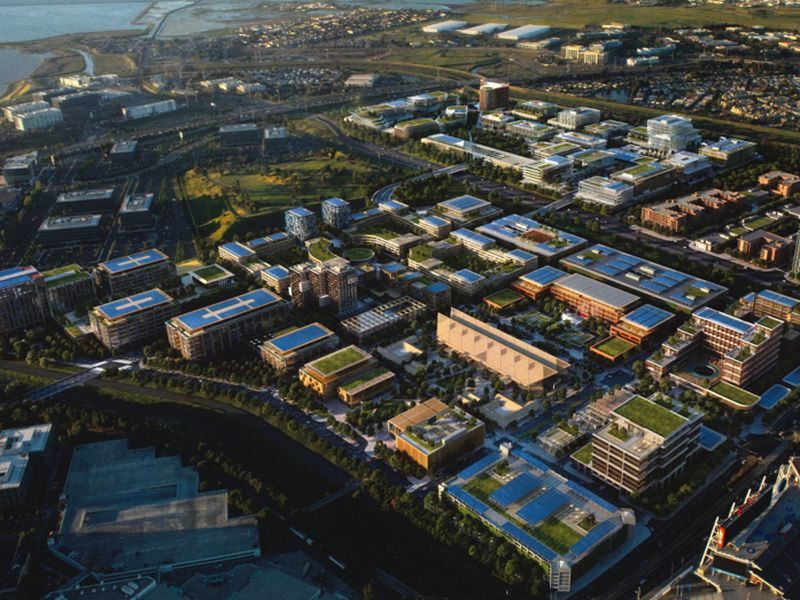Vacant Sears Building in Pontiac Will Turn Residential
By Veronica Grecu, Associate Editor Work has begun on a mixed-use project that will replace Pontiac’s former Sears Department Store building with 46 loft rental units and retail space. Local development company West Construction Services will invest $19.8 million in renovating [...]
By Veronica Grecu, Associate Editor
 Work has begun on a mixed-use project that will replace Pontiac’s former Sears Department Store building with 46 loft rental units and retail space. Local development company West Construction Services will invest $19.8 million in renovating and refurbishing the vacant facility located in the city’s historic commercial district on Saginaw, Lafayette and Perry streets. According to a Detroit Free Press news article, the first phase of the project kicked off with cleaning up the site so that construction can break ground on March 1, as planned by the developer.
Work has begun on a mixed-use project that will replace Pontiac’s former Sears Department Store building with 46 loft rental units and retail space. Local development company West Construction Services will invest $19.8 million in renovating and refurbishing the vacant facility located in the city’s historic commercial district on Saginaw, Lafayette and Perry streets. According to a Detroit Free Press news article, the first phase of the project kicked off with cleaning up the site so that construction can break ground on March 1, as planned by the developer.
The 80,000-square-foot Lafayette Place Lofts building will include 46 one- and two-bedroom urban units with rents ranging between $590 and $1,300 a month. In addition to the 33,000 square feet of residential space, the project will include 21,500 square feet of retail space on the ground floor—a 10,000-square-foot Lafayette Market which will provide fresh foods and an Anytime Fitness center for residents.
Scheduled for completion by the end of the year, Lafayette Place Lofts is considered the largest real estate investment in Downtown Pontiac in nearly 30 years. More than 200 construction jobs will be created during the construction and, once the project is completed, the developer estimates that 100 permanent positions will be retained.
The 83-year-old building is one of the city’s historic landmarks; West Construction Services will preserve the facility’s historical façade while implementing modern energy efficiency amenities such as a geothermal system and photovoltaic panels, a rooftop terrace area and the use of recycled building materials that will make the building eligible for LEED certification.
The State of Michigan will fund the redevelopment project via the Neighborhood Stabilization Program 2. Other sources will come from a federal New Markets and Historic Tax Credit Program in partnership with U.S. Bank, the Michigan Magnet Fund, state historic credits, brownfield tax credits, KeyBank and private companies.
Illustration courtesy of West Construction Services







You must be logged in to post a comment.